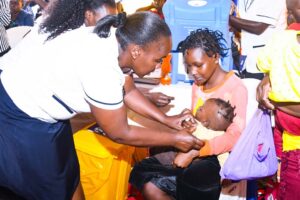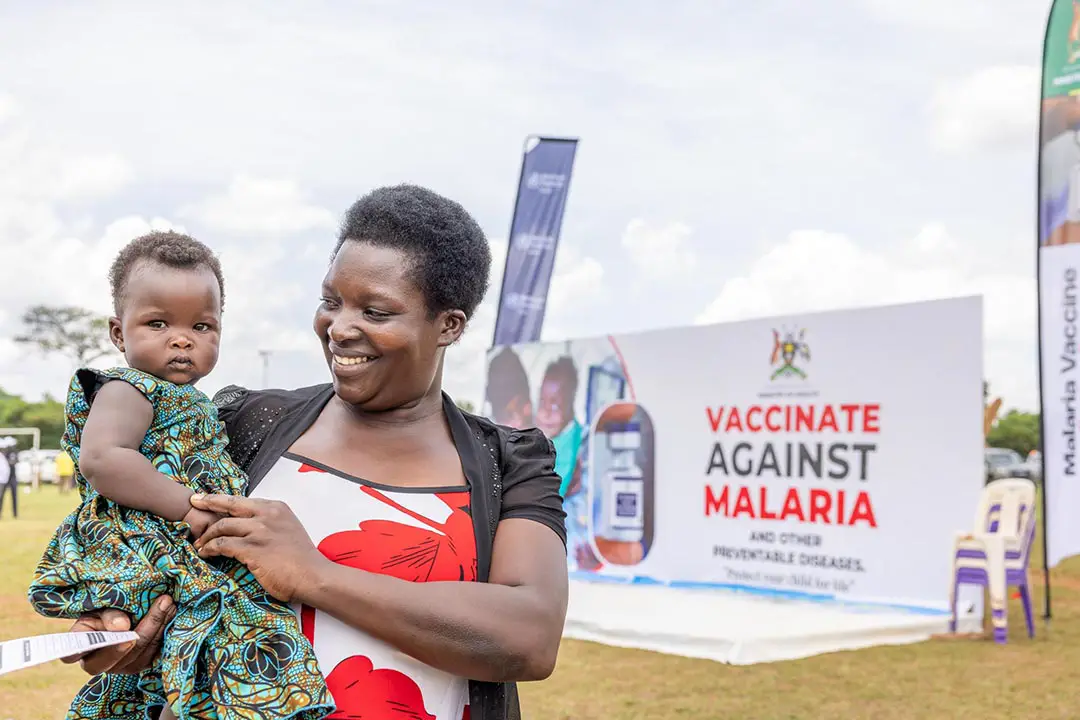On April 2, 2025, Uganda initiated an extensive malaria vaccination campaign in Apac District, northern Uganda. This effort aims to combat malaria, a leading cause of illness and death among young children in the country.
Scope and Target Population

The campaign introduces the R21/Matrix-M malaria vaccine into Uganda's routine immunization schedule. Administered in four doses at 6, 7, 8, and 18 months, the vaccine initially targets 1.1 million children under two years old in 105 high- and moderate-transmission districts. There are plans to expand the program nationwide.
Significance of Apac District
Apac District, known for having the highest number of mosquito bites per person globally—over 1,500 bites annually—was chosen for the campaign's launch. This highlights the urgent need for effective malaria interventions in the area.

Collaborative Efforts and Support
The vaccine rollout is a collaborative effort involving Uganda's Ministry of Health, Gavi, the Vaccine Alliance, WHO, UNICEF, PATH, and other partners. The government and Gavi are providing funding to procure the vaccine doses.
Integration into Routine Immunization
By incorporating the malaria vaccine into routine immunization services, Uganda aims to reduce severe illness and deaths among children under five. This strategy complements existing malaria control measures, such as insecticide-treated nets and indoor residual spraying.
Regional Context and Future Plans
Uganda becomes the 19th African country to introduce the malaria vaccine into its routine immunization program. The initiative is part of a broader regional effort to combat malaria, with 18 million doses allocated to 12 African countries for 2023–2025.
The launch of this extensive malaria vaccination campaign marks a significant milestone in Uganda's fight against malaria. By targeting vulnerable populations and integrating the vaccine into routine healthcare services, Uganda aims to create a healthier future for its children.

